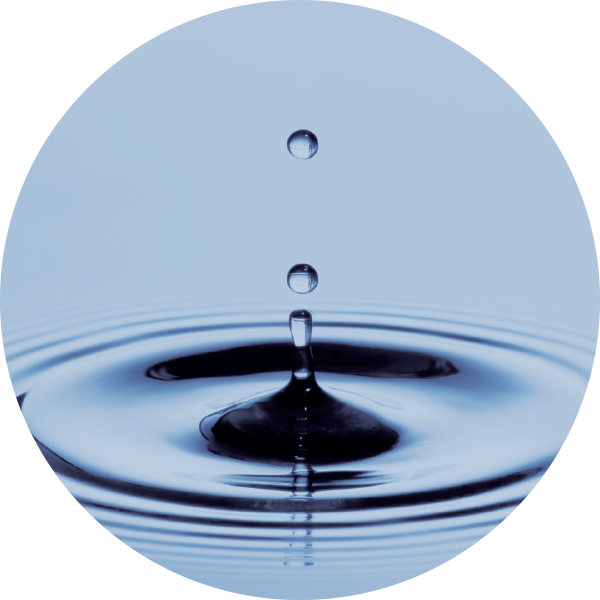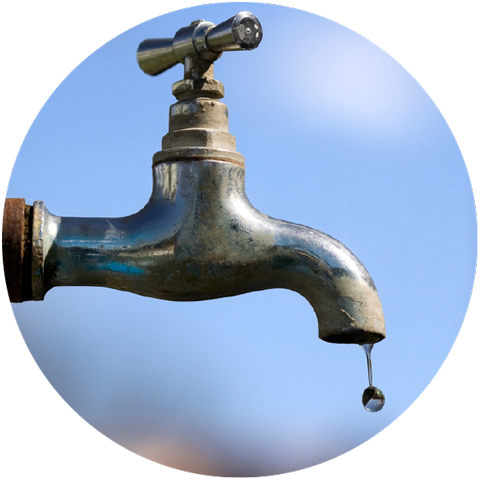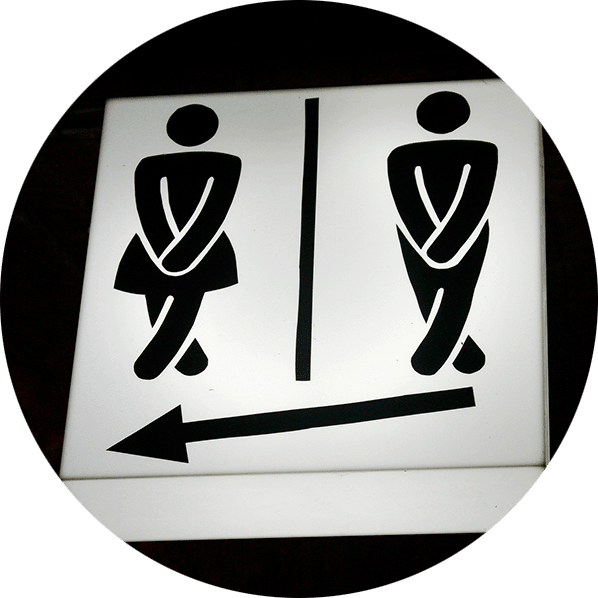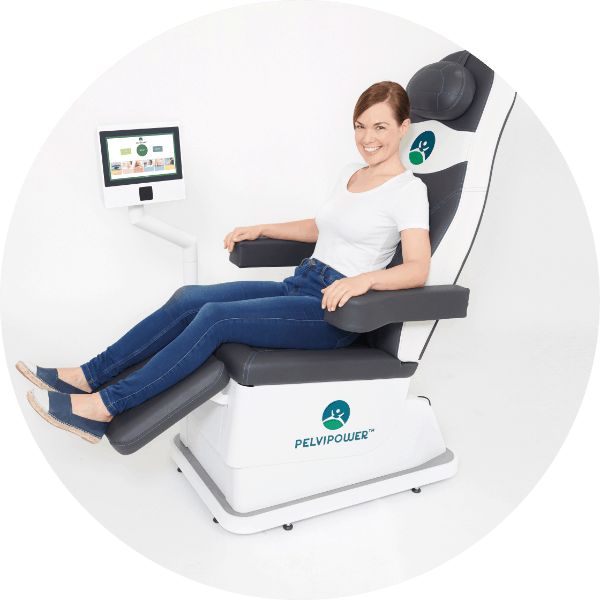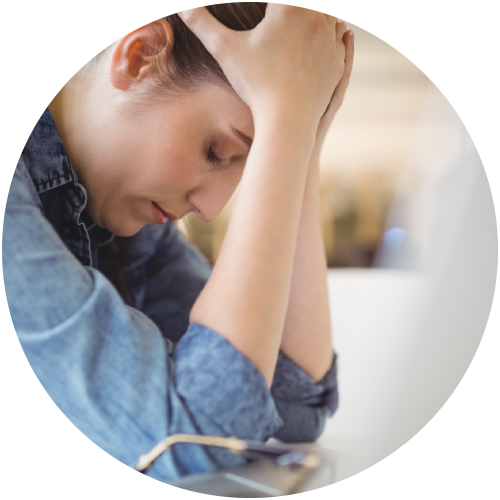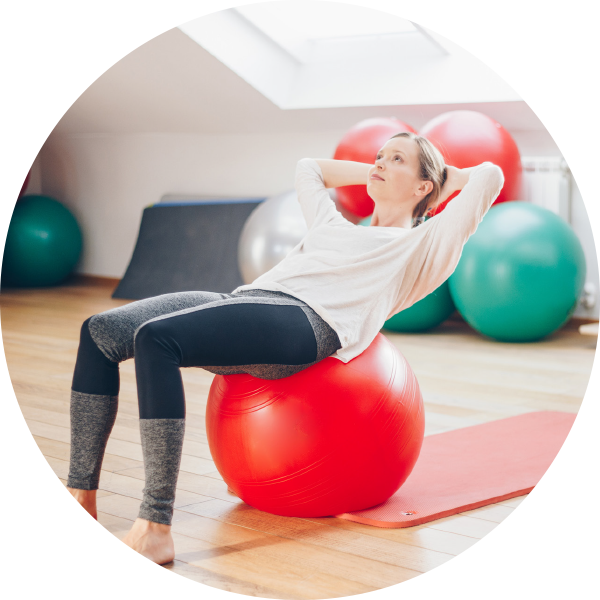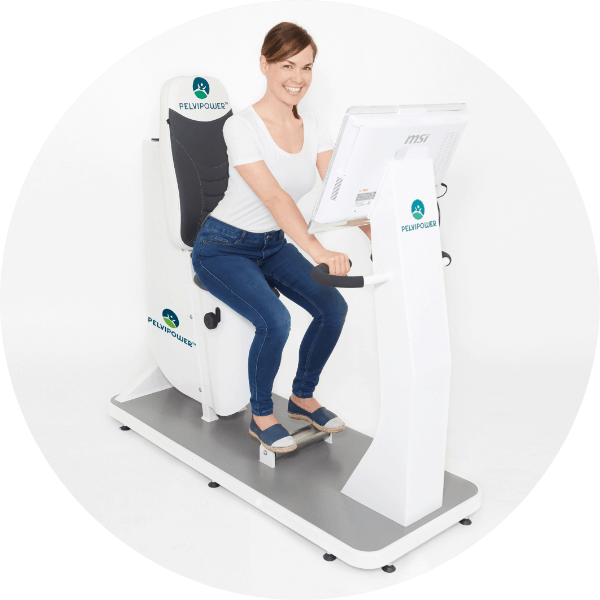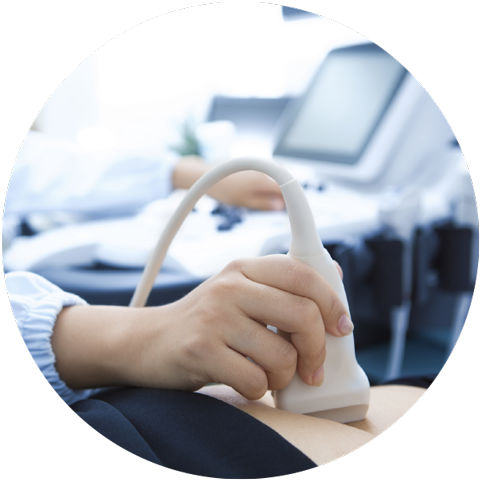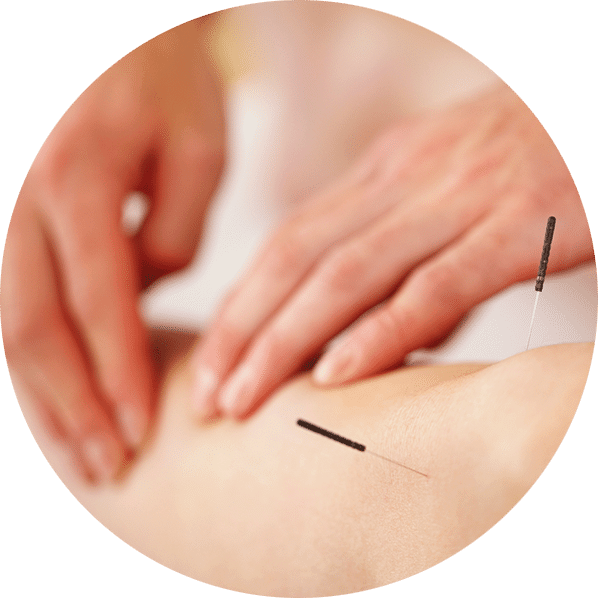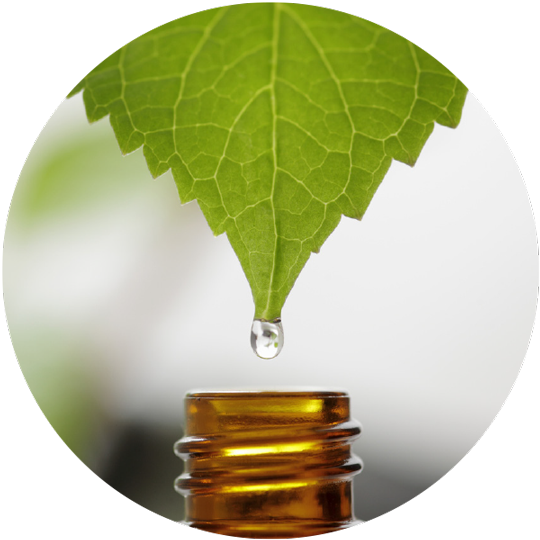Bladder and bowel incontinence is estimated to impact 1.1 million New Zealanders so if this issue is affecting you, you are far from alone.
At least 30% of woman experience some degree of urinary leakage in their lifetime especially during and after pregnancy and soon after menopause as oestrogen levels decline.
1 in 4 women will avoid activities such as sports, going to the gym or even walking or playing with their kids because of it.
However, because it is such a common issue, it is often considered a normal or inevitable consequence of childbirth or ageing… but it is not.
Incontinence can dominate your daily routine and impacts your quality of life. Absorbent pads are an unsatisfactory, temporary way to manage. Treating the cause of the problem so that you can go back to doing what you enjoy, whenever you like is an actual solution.

